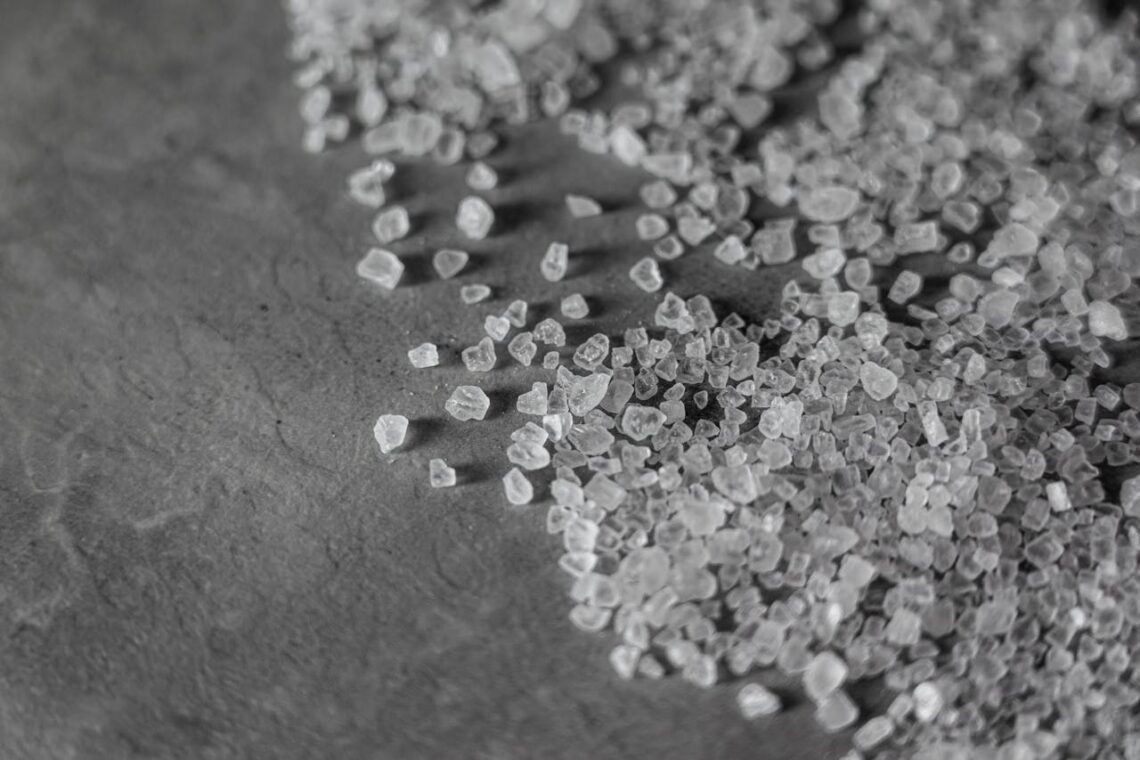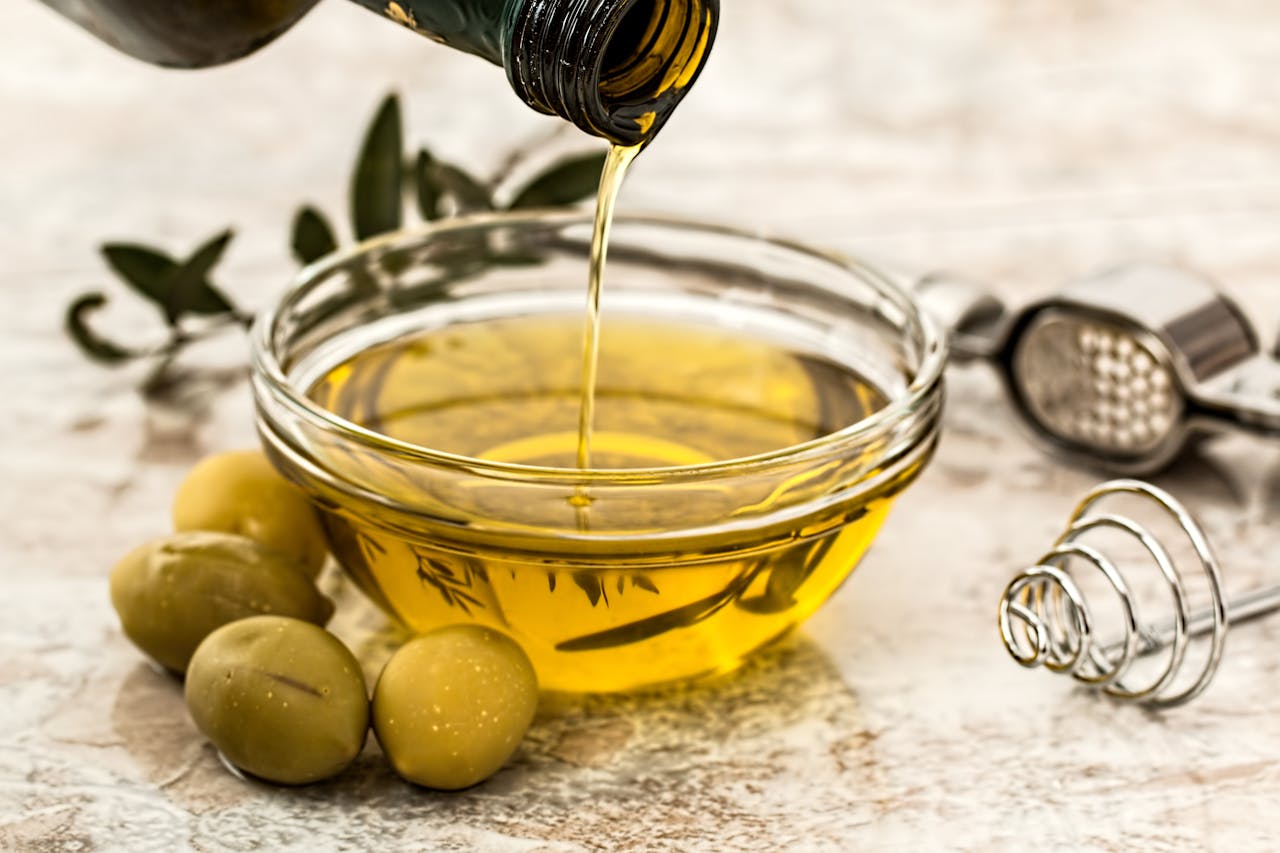
Sodium Intake: Why You Need To Lower It
Maintaining optimal health often requires making informed dietary choices. One significant aspect of a healthy diet involves managing sodium intake. Excessive sodium consumption is linked to various health issues, making it crucial to understand the benefits of reducing sodium in your diet. In this comprehensive guide, we will explore the numerous health benefits of lowering sodium intake, providing you with practical tips and insights to lead a healthier lifestyle.
Understanding Sodium and Its Role in the Body
Sodium is an essential mineral that plays a vital role in maintaining fluid balance, nerve function, and muscle contraction. However, while it is necessary for bodily functions, excessive intake can lead to adverse health effects. The recommended daily sodium intake for adults is less than 2,300 milligrams, approximately one teaspoon of salt. Yet, many people consume far more than this recommended amount.
The Dangers of High Sodium Intake
Before delving into the benefits of reducing sodium, it is essential to understand the risks associated with high sodium consumption. Consuming too much sodium can lead to:
- Hypertension (High Blood Pressure): Sodium can cause the body to retain water, increasing blood volume and, consequently, blood pressure. Chronic high blood pressure is a significant risk factor for heart disease and stroke.
- Heart Disease and Stroke: Excessive sodium intake contributes to cardiovascular problems by increasing the risk of hypertension, atherosclerosis (hardening of the arteries), and heart failure.
- Kidney Damage: The kidneys play a crucial role in regulating sodium levels. Over time, high sodium intake can impair kidney function and increase the risk of kidney disease.
- Osteoporosis: High sodium levels can lead to calcium loss through urine, weakening bones and increasing the risk of osteoporosis.
- Stomach Cancer: Some studies suggest a link between high sodium intake and an increased risk of stomach cancer.
Why I Lowered My Sodium Intake
Lowering my sodium intake has been transformative for my health, and I want to share my journey with you. Initially, I was consuming around 3,400 milligrams of sodium daily, well above the American Heart Association’s recommended limit of 2,300 milligrams.
To address this, I started cooking at home more frequently, using fresh ingredients to avoid the hidden salts in processed foods. By substituting salt with herbs and spices like oregano, cumin, and lemon zest, I discovered flavors I never knew existed.
I also began meticulously reading food labels, opting for low-sodium versions of staples like canned beans and broths. One surprising change was my increased water intake, which helped flush excess sodium from my system.
Additionally, I included more potassium-rich foods, such as avocados and sweet potatoes, to help counteract the effects of sodium.
These efforts paid off—within three months, I lowered my daily sodium intake to around 1,800 milligrams. This change significantly reduced my blood pressure and improved my overall energy levels. The journey to reduce sodium has been empowering and has underscored the importance of mindful eating.
Health Benefits of Lowering Sodium Intake
- Reduced Risk of Hypertension: Lowering sodium intake can significantly reduce the risk of developing high blood pressure. For those already diagnosed with hypertension, reducing sodium can help manage and lower blood pressure levels.
- Improved Heart Health: By reducing sodium, you decrease the strain on your heart and blood vessels, lowering the risk of heart disease and stroke. A heart-healthy diet with reduced sodium can improve overall cardiovascular health.
- Better Kidney Function: Reducing sodium intake alleviates the burden on your kidneys, promoting better kidney health and reducing the risk of kidney disease and kidney stones.
- Stronger Bones: Lower sodium levels help maintain calcium balance in the body, contributing to stronger bones and a lower risk of osteoporosis.
- Reduced Risk of Stomach Cancer: Limiting sodium can potentially lower the risk of developing stomach cancer, as some research indicates a connection between high sodium intake and increased cancer risk.
- Decreased Water Retention: Lower sodium intake helps reduce bloating and water retention, leading to a feeling of lightness and overall well-being.
- Enhanced Overall Well-being: With reduced sodium intake, you may experience improved energy levels, better digestion, and a generally healthier state of being.
Practical Tips for Lowering Sodium Intake
- Read Food Labels: Pay attention to nutrition labels and choose products with lower sodium content. Look for items labeled “low sodium,” “reduced sodium,” or “no salt added.”
- Cook at Home: Preparing meals at home allows you to control the amount of sodium in your food. Use fresh ingredients and season with herbs and spices instead of salt.
- Limit Processed Foods: Processed and packaged foods often contain high levels of sodium. Opt for fresh, whole foods whenever possible.
- Choose Fresh or Frozen Vegetables: Canned vegetables can be high in sodium due to added preservatives. Fresh or frozen vegetables are healthier alternatives.
- Rinse Canned Foods: If you use canned beans or vegetables, rinse them thoroughly to remove excess sodium.
- Be Mindful of Condiments: Many condiments, such as soy sauce, ketchup, and salad dressings, are high in sodium. Use them sparingly or choose low-sodium versions.
- Use Salt Substitutes: Consider using salt substitutes made from potassium chloride, but consult with a healthcare provider first, especially if you have kidney problems.
- Flavor with Herbs and Spices: Enhance the flavor of your dishes with herbs, spices, garlic, and lemon juice instead of relying on salt.
Conclusion
Lowering your sodium intake is a simple yet powerful step towards better health. By understanding the risks associated with high sodium consumption and adopting strategies to reduce sodium in your diet, you can significantly improve your overall well-being. Remember, small changes can make a big difference. Start today by making conscious choices to lower your sodium intake and reap the numerous health benefits that come with it.
Disclaimer: This blog post is for informational purposes only and does not constitute medical advice. Always consult with a healthcare professional before making any significant changes to your diet or health regimen.
References
- American Heart Association. (2021). Sodium and Salt.
- Centers for Disease Control and Prevention. (2021). Get the Facts: Sodium and the Dietary Guidelines.
- National Kidney Foundation. (2020). Sodium and Your Health.
- Mayo Clinic. (2020). Sodium: How to Tame Your Salt Habit.
- World Health Organization. (2012). Guideline: Sodium Intake for Adults and Children.




